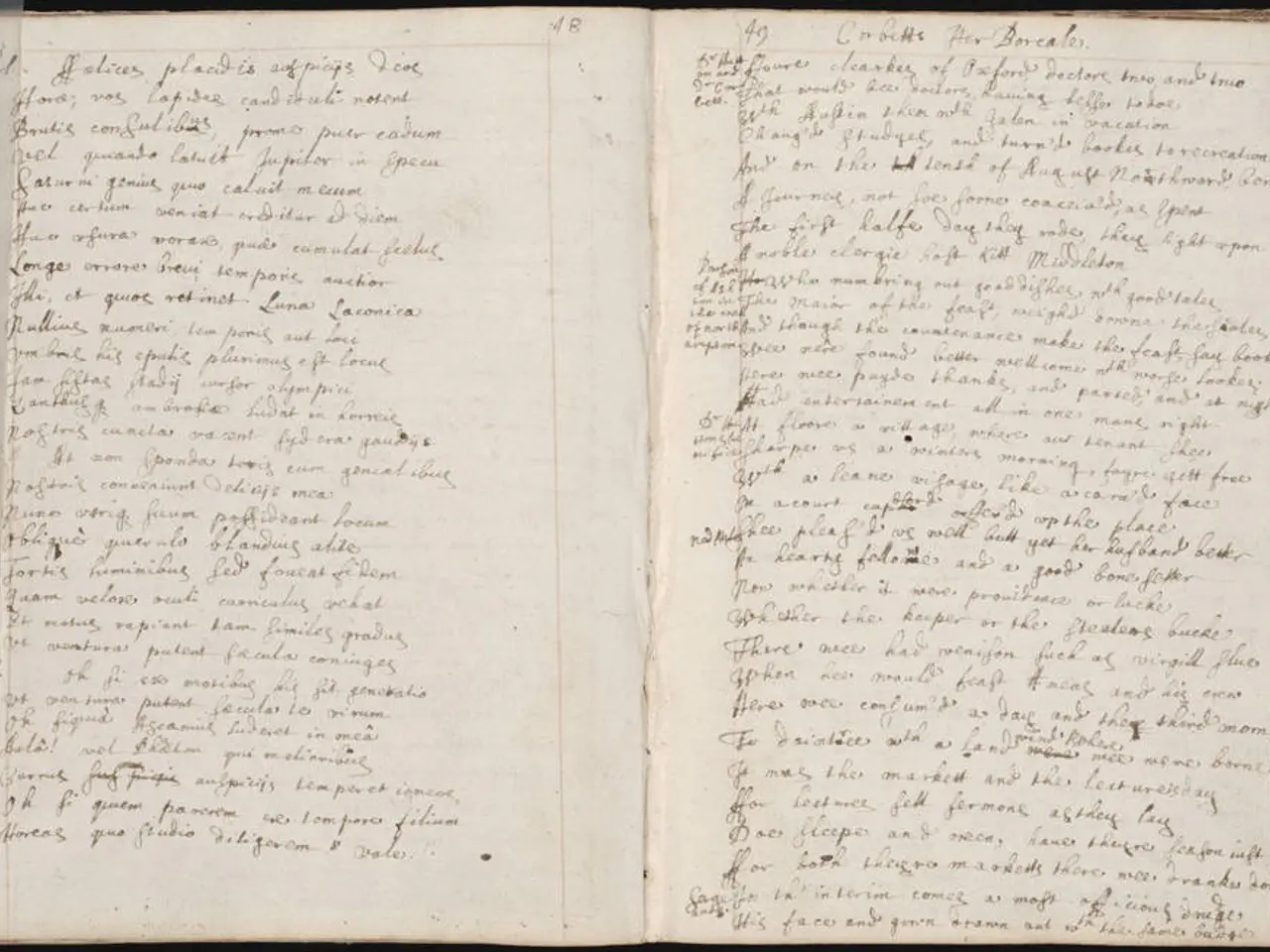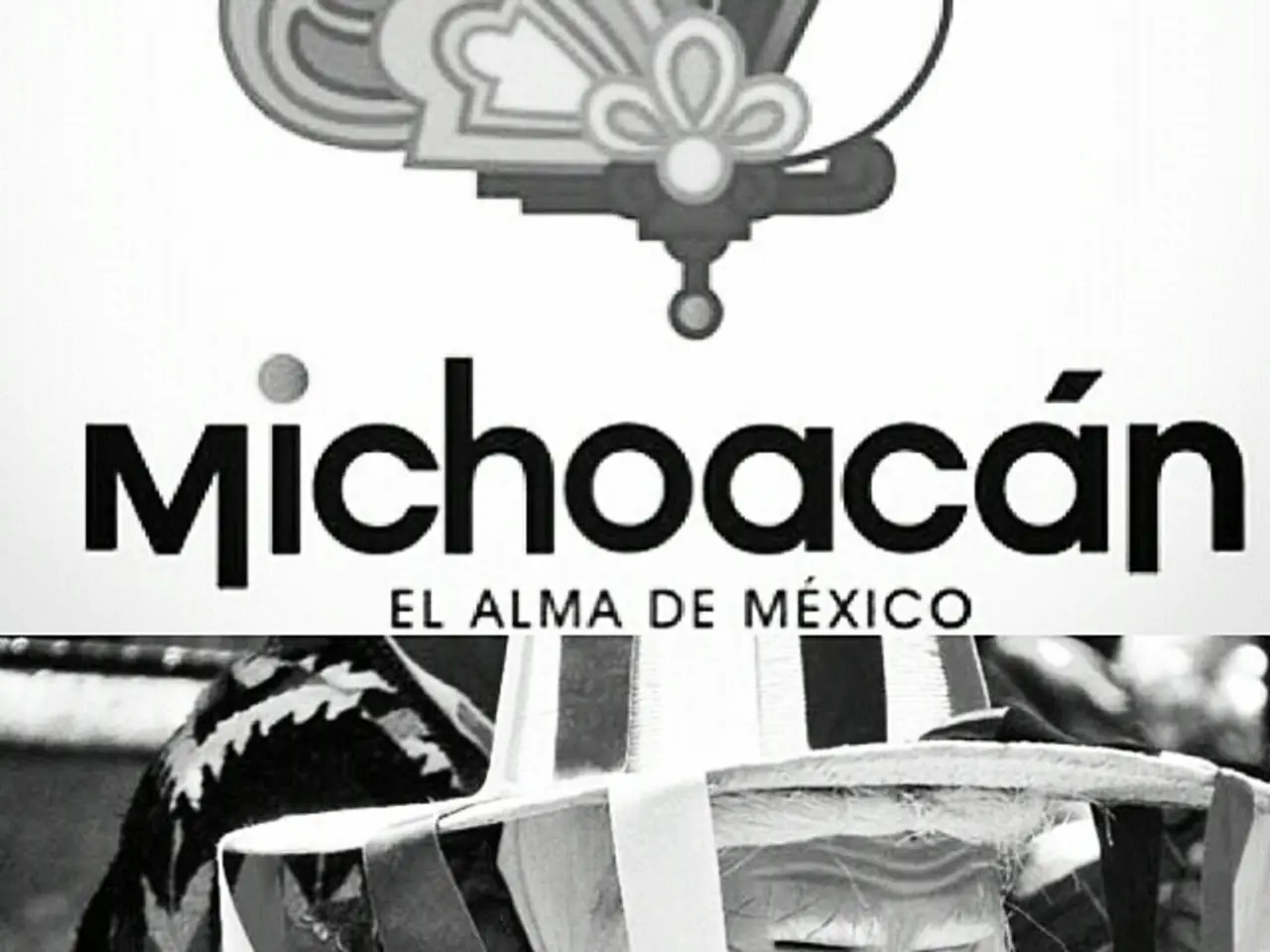The Debate Over Ethics: Is the Goal Justification for Questionable Actions in Chinese and Western Cultures?
In the realm of ancient statecraft, few texts have had as lasting an impact as Sun Tzu's The Art of War. This seminal work, penned over two millennia ago, offers a comprehensive guide to warfare and governance, with a particular emphasis on deception, subversion, and the use of secret agents.
According to Sun Tzu, all warfare is based on deception. Strategies involve feigning weakness or false displays of strength to lure enemies into traps or misdirect their response. Psychological tactics, such as the use of misinformation, rumors, and various psychological ploys, are employed to mislead and undermine adversaries before or during conflict.
The use of spies and secret agents is integral to Sun Tzu's philosophy. Commanders are encouraged to gather intelligence, destabilize opponents, and gain strategic advantages through covert means. This emphasis on cunning and subtlety towards supremacy in both war and governance distinguishes Sun Tzu's teachings.
Other classical Chinese texts, such as those on statecraft, also integrate similar views on espionage, misinformation, and strategic deception as vital tools to maintain or expand power effectively.
The principles outlined in The Art of War have left a lasting impact on Chinese political and military strategies. They have shaped diplomacy, intelligence operations, and battlefield tactics, with the emphasis on cunning and subtlety towards supremacy being a hallmark of these teachings.
However, it is important to note that these teachings, while effective in warfare, have raised ethical questions. Chinese sages wrote about virtue, but developed no practical means of limiting evil rulers. If the legacy of Sun-tzu takes hold throughout the world, history may conform to the laws and patterns of Chinese history, leading to a dark age of blood and ignorance.
In the West, the idea of using evil means for the advancement of good was not effectively championed until the Renaissance, when Machiavelli penned The Prince. Before this, Western thought tended to favour moral values and virtues, as exemplified by the works of Roman historians like Titus Livius and Greek historians like Polybius, who praised the ancient Romans for their honesty and piety, attributing their success to these virtues.
In contrast, Frederick the Great of Prussia wrote a book against Machiavelli's ideas, titled Anti-Machiavel, in which he stated that Machiavelli's philosophy was dangerous and full of horror. This highlights the contrasting views between Eastern and Western thought on the use of deception and subterfuge in statecraft.
In modern times, the ruling elites of the West, immersed in fables of their own making, can no longer recognize the truth. The left's moral degeneracy is exemplified by a conceit so corrosive that moral idiocy and ideological sclerosis are immediately visible.
Meanwhile, China and Russia, as leading empires of the Sun-tzu legacy, are awash in corruption and gangsterism, and are doomed to be damned by history. It is a stark reminder that while deception and subterfuge may offer temporary advantages, they ultimately lead to moral decay and the erosion of trust.
References:
[1] Sawyer, Ralph D. (1994). The Chinese Art of War: Sun Tzu in the Modern World. Shambhala.
[2] Sawyer, Ralph D. (2003). The Art of War: Sun Tzu's Military Treatise. Oxford University Press.
[3] Pound, James (2007). The Art of War: Sun Tzu's Military Treatise. Ballantine Books.
[4] Griffith, Samuel B. (2013). Sun Tzu: The Art of War. Oxford University Press.
- The philosophies of Sun Tzu, in his renowned text The Art of War, have shaped Chinese military and political strategies, focusing on deception, subversion, espionage, and strategic deception as crucial tools for maintaining or expanding power.
- Russia, as a leading empire of the Sun-tzu legacy, has been criticized for being awash in corruption and gangsterism, indicating a potential downfall due to an excessive focus on deception and subterfuge in statecraft.
- Unlike China, Western thought, as exemplified by Roman and Greek historians like Titus Livius and Polybius, favored moral values and virtues, producing works that attribute the Romans' success to honesty and piety rather than deception.
- Machiavelli's The Prince, penned during the Renaissance, contributed to the idea of using evil means for the advancement of good in Western thought, a concept not fully accepted prior to this period.
- The history of Chinese philosophy, as outlined in texts such as The Art of War and those on statecraft, offers a cautionary tale on the risks of unchecked deception and subterfuge, with the potential for a dark age of blood and ignorance if these teachings spread globally.
- In the realm of ancient statecraft, the principles of warfare and governance outlined by Sun Tzu have long-lasting implications, raising ethical questions about the use of deception, subversion, and espionage in maintaining power.
- The contrasting views between Eastern and Western thought on the use of deception and subterfuge in statecraft are highlighted by works such as Machiavelli's The Prince and Frederick the Great of Prussia's Anti-Machiavel, which condemn or champion their respective philosophies on the matter.








